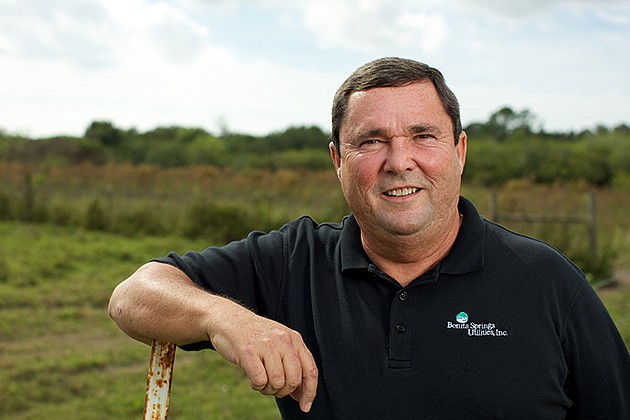- July 26, 2024
-
-
Loading

Loading

Bonita Springs tarnished its reputation as a business-friendly municipality when its city council enacted a one-year moratorium on large developments east of Interstate 75 in January.
A moratorium is the nuclear option of cities that can't manage growth. It was a popular tactic during the real estate boom of the last decade to halt new development.
But Bonita Springs and nearby Estero have become a hot spot for future development as economic growth resumes. The area sits between Naples and Fort Myers and will be the future home of Hertz's corporate headquarters.
By a vote of 4-3 in late 2013, the Bonita Springs city council enacted a moratorium beginning in January on 4,900 acres by claiming that its water supply was at risk. The moratorium is scheduled to expire next month, but it's unlikely to spur new development in that area.
In fact, the moratorium halted a deal by Bonita Springs Utilities, the area's nonprofit water provider, to sell 237 acres to a group that includes Dennis Gilkey, president of consulting firm Gilkey Organization and the former president and CEO of developer Bonita Bay Group.
Fred Partin, the executive director of Bonita Springs Utilities, says the land remains under contract. “It's not a done deal because of the end of the moratorium,” he says.
That's because the city appointed a task force to examine the water issues while the moratorium was in place. The task force developed 34 recommendations ranging from building culverts to creating filter marshes and other water-storage systems. One recommendation suggests raising property taxes on residents of Bonita Springs to pay for these improvements.
The city council could choose to extend the moratorium, but that's unlikely. “Right now, the moratorium is scheduled to expire in about mid-January,” says Bonita Springs City Manager Carl Schwing. “Without further action, that's what will happen. The council could choose to extend the moratorium, but there has to be a good reason for that or it will expose the city to litigation.”
Instead, a workshop will be scheduled for late January or early February to consider the 34 recommendations, says John Gucciardo, assistant city manager. “Yes, it's pretty ambitious, but they're not all things that have be done all at the same time or at the same pace,” he says.
In fact, the city had already been working on several recommendations independently of the task force, Gucciardo says. For example, the city's staff has been crafting an ordinance that would fine a property owner who failed to clear a water flow way or flood-control structure, one of the recommendations of the task force.
Still, it's not clear what the city council will decide to do about development in the area, especially if environmentalists and anti-growth residents bring political pressure. “There's nothing that insurmountable as far as the water issue,” says Gilkey, who also was a member of the water task force. “The only obstacles are those who don't want growth.”
Although the end of the moratorium means landowners in that area can now apply for land-use changes, it could take until 2016 or later before government agencies approve them. “It'll take a couple of years before you see a whole lot of stuff happening out there,” says Gilkey.